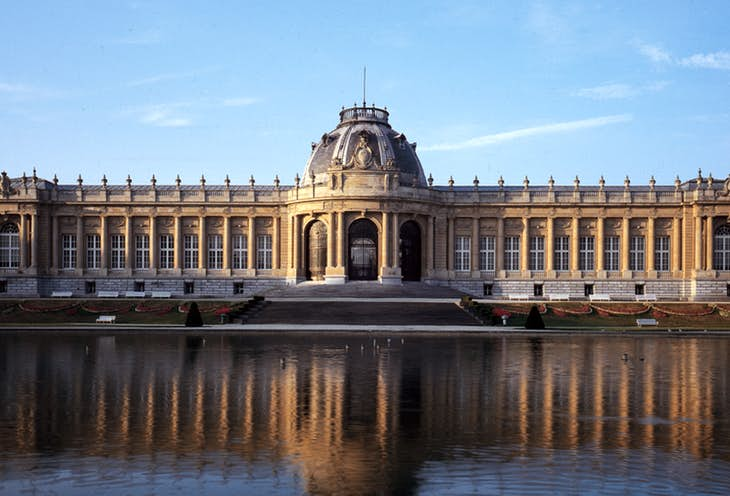The federal government has received requests from two other nations for the return of their cultural artefacts, currently in Belgian possession.
The requests come from New Zealand and Congo, according to an answer given by federal minister David Clarinval, responsible for science policy, which governs the national museums. Clarinval was responding to a parliamentary question from a Vlaams Belang member.
The two pieces are currently housed in the Museum of Art and History in the Cinquantenaire Park in Brussels.
The request from New Zealand concerns human remains of indigenous Maori people. Congo, meanwhile, is asking for the return of archives kept during colonial times on mixed-race populations in the country.
The federal parliament approved a new policy on the return of cultural artefacts in March this year, which led Clarinval to call for the setting up of an inter-disciplinary committee to look into the origins of a number of pieces currently held in Belgian federal institutions. He also described as “premature” the creation of a list of objects susceptible to be returned to their origins. However in the case of the human remains, he said, the matter would be treated as a priority.
“The question of the return [of artefacts] should be dealt with in the framework of international cooperation, and a dialogue with the country of origin in question,” he said.
Earlier, Filip De Boeck, an anthropologist professor at the university of Leuven, called for the question of the return of colonial acquisitions to be debated openly. “It is well past time,” he said. “We urgently need to begin a dialogue.”
Belgium’s colonial history, and its connection with the royal house in particular, is a subject that was hushed up in public immediately following Congo’s independence in 1960, he told Bruzz. It was only around the turn of the century, in particular the 50th anniversary of independence in 2010, that the subject became open to public debate. The Museum of Middle Africa in Tervuren (photo) plays a special role in the debate, with some calling into question its very existence.
“The Africa Museum has a major role to play in the debate on restitution,” he told the paper. “We’re coming late to the matter here in Belgium. The debate on restitution started already in American at the end of the 1980s, beginning of the 1990s, with the return of human skeletons to the Native American community.”
Clarinval was, however, unable to say when or whether either artefact would be returned.
Alan Hope
The Brussels Times

